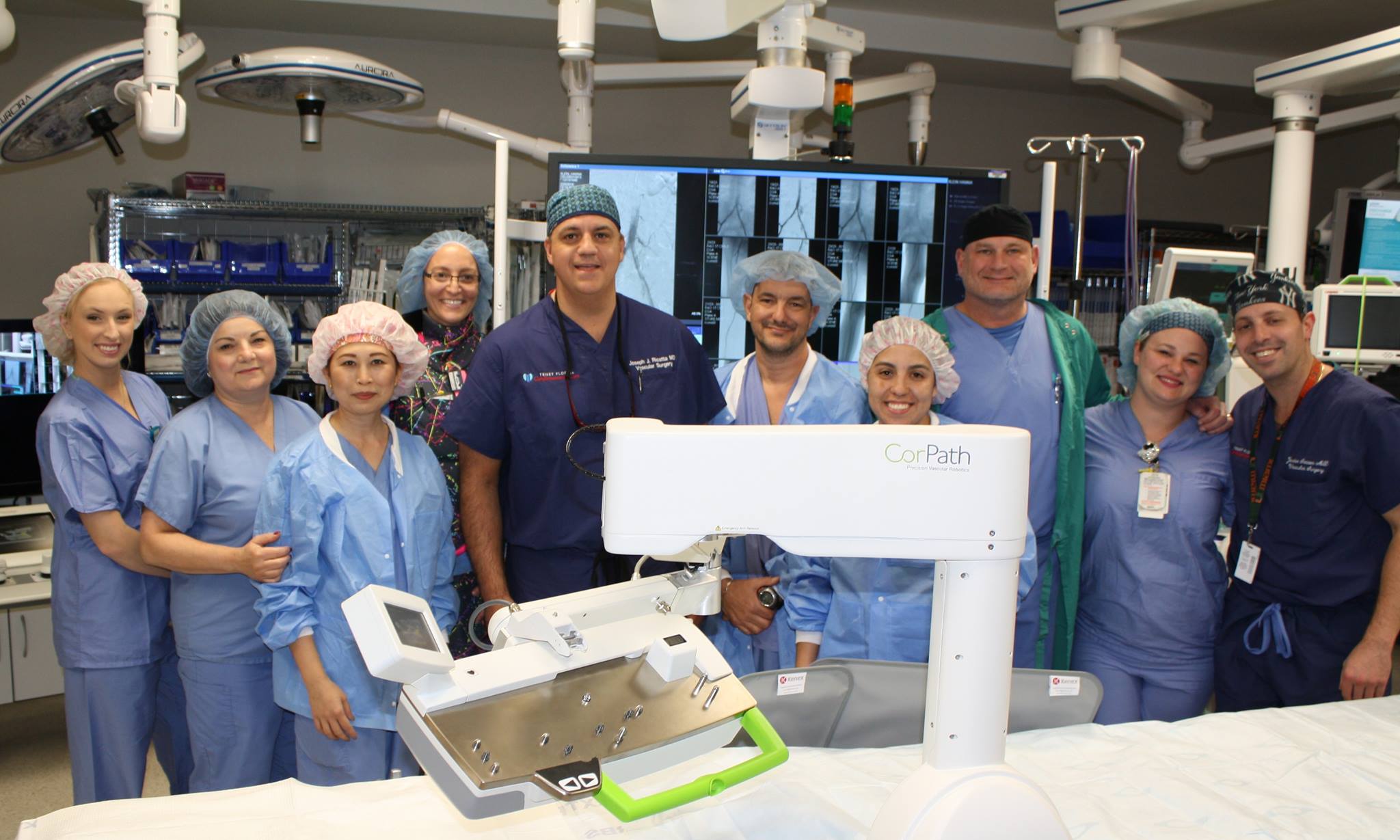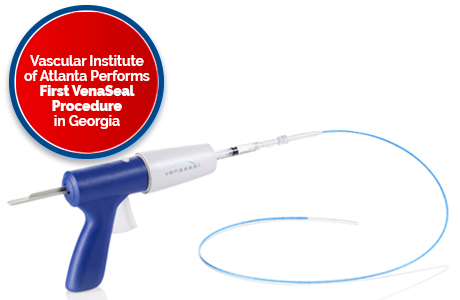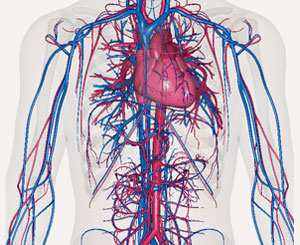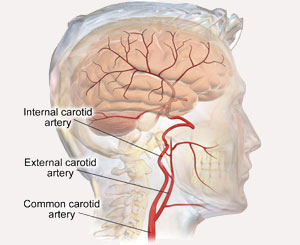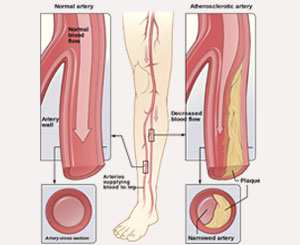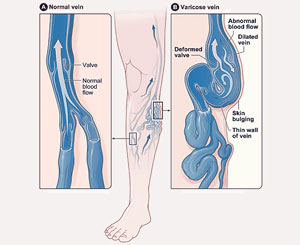When many people think of treatment for some of the more common vein disorders, such as varicose veins, they assume that surgical procedures are their only option. In general, surgery is not a word that most of us want to hear, which can be detrimental because some people may avoid seeking the counsel of a qualified vascular surgeon, especially if they feel that an intrusive procedure is not something they have the time or desire to deal with.
However, while it’s important to note that not all surgical procedures for venous insufficiency involve a great deal of pain, discomfort, or recovery time, there are a number of more conservative management techniques that can provide relief from the burning, itching, and general discomfort caused by engorged, unhealthy veins.
Whether these techniques are recommended by your doctor is clearly dependent upon your individual case, but it is worth having an understanding of what they are so that you can understand the types of minimal lifestyle changes required.
COMPRESSION
One of the more commonly known conservative methods, compression hose have proven effective when used during treatment or for preventative care and long-term therapy after treatment. Although not intended to cure venous disease, they serve an important role when attempting to minimize symptoms.
In general, while there are several types of effective compression hosiery and devices available, all are designed to prevent blood from pooling in the leg veins by improving overall circulation. In fact, most use graduated compression, which means the level of compression is strongest at the ankle and weakest at the thigh.ANTI-INFLAMMATORY MEDICATION
Much like their name implies, anti-inflammatory medications treat pain and inflammation, and are generally prescribed in conjunction with some form of compression hosiery. Ibuprofen, creams, and other non-steroidal medications may be recommended, with the option of stronger medications being prescribed should your doctor deem it necessary.
ELEVATION
In an effort to reduce pressure on the legs and increase blood flow in the lower extremities, it may also be recommended that patients lie down or elevate the legs above the heart for short periods throughout the day. In some cases, elevation may alleviate swelling and pain—especially during the early stages of venous disease—by increasing circulation.
EXERCISE
Particularly recommended for those who find themselves sitting or standing for long periods of time, exercising the feet, toes, and ankles is suggested to help slow—or prevent—the progression of venous disease. From tapping the toes and flexing the feet to taking short walks throughout the day, these simple exercises will go a long way towards increasing circulation and stopping blood from pooling in the legs.
NON-SURGICAL TREATMENT OPTIONS
For certain venous diseases that cannot be managed using conservative treatment options, non-surgical procedures may be recommended. Completed in the office in a safe, quick, and virtually painless manner, non-surgical treatments allow the patient to reduce or eliminate varicose veins for better skin condition and improved venous health.
Common treatment options include endovenous ablation, sclerotherapy, micro-phlebectomy, and the newest approved treatment, the VenaSealTM closure system, all of which are offered at the Vascular Institute of Atlanta.
If you’d like to learn more or would like to schedule an appointment, please contact us through our website or by phone at 470-355-3053. You don’t have to simply get by. We can help you feel better, be healthier, and live longer.
Dr. Joseph J. Ricotta II MD, MS, FACS
Vascular Institute of Atlanta
www.AtlVascular.com
470-355-3053

